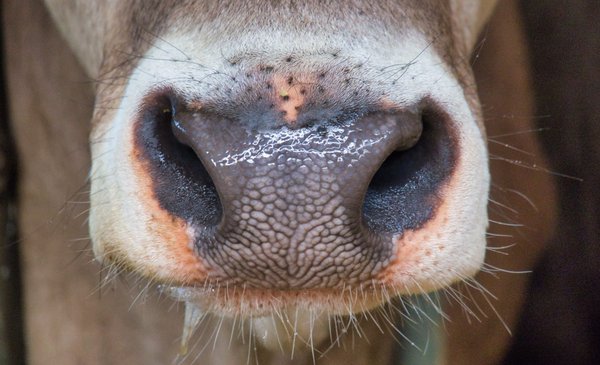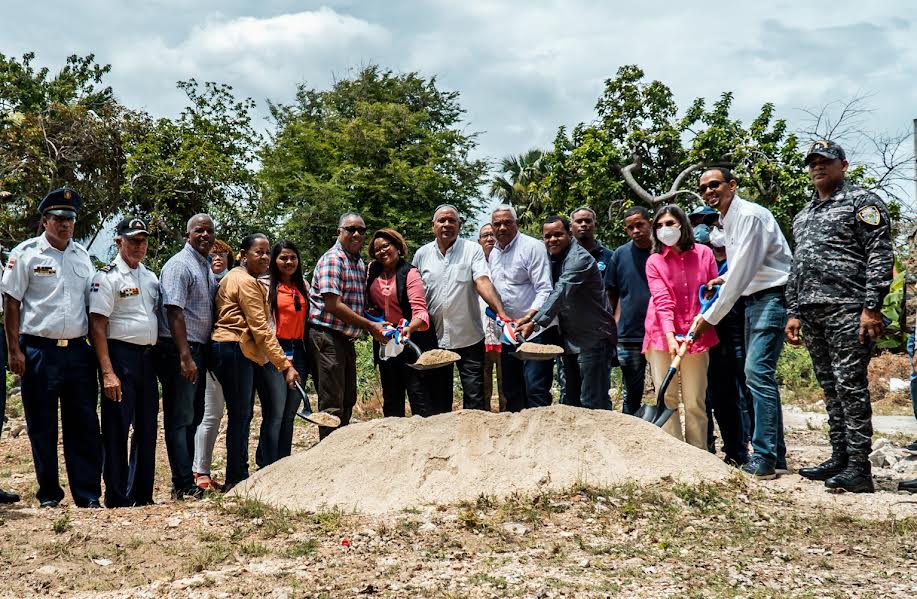Foot-and-mouth disease threatens to spread in Australia through the flip-flops of the thousands of tourists who travel to Baliwhere several cases have been detected, and who return to the country with dirt on their beach shoes and with the possibility of causing an outbreak.
The disease, which affects cattle, sheep, goats and pigs, is widespread throughout Indonesia, but had not yet reached neighboring Australia..
Nevertheless, the new outbreak that attacks Indonesia can lead to an economic catastrophe for Australia if measures are not taken in time.
An article published by niusdiario.es indicates that thousands of Australian tourists visit the tourist island of Bali every year, and the authorities have been alarmed because this contagious disease can even be found in the dirt on the soles of the shoes that tourists bring. back from vacation.
To try to prevent the first cases, Australia has intensified biosecurity controls at airports, checking those bags where there are products from these animals such as meat or cheese. Also has begun to warn tourists of the possibility of contagion through their shoes.
Flip flops a problem
Bali, with its paradisiacal beaches, is an oasis where the usual footwear is flip-flops. This makes visitors potential transmitters of the virus since the flip-flops are not compatible with biosecurity measures that involve spraying feet with chemicals, which are too powerful to apply directly to the skin.
Therefore, the only option that is contemplated at the moment is for tourists to wear closed shoes to be able to apply these products and avoid carrying the virus with them. Despite the fact that it is now a recommendation, the mandatory nature of this measure is being assessed.
Millionaire losses for the industry
Infected animals in Indonesia exceed 300,000, and thousands of them have already had to be euthanizedassuming a severe blow to the Indonesian economyespecially in the livestock sector.
As for Australia (Uruguay’s competitor in the international meat market), it is estimated that this possible outbreak could cause losses of up to US$ 68,000 million for the livestock industry.and have an impact of five to eight years.
Despite the multiple consequences for animals and the economy, this disease is not considered a threat to human health.
detection dogs
In that case, based on a report by The Guardian, the Blasina y Asociados portal indicated that biosecurity measures have been reinforced at Australian airports after highly contagious foot-and-mouth disease was detected in Bali, Indonesia.
Livestock producers and various public actors insist that new measures be implemented at airports.
Detection dogs will operate at Darwin and Cairns airports and biosecurity officers will begin boarding flights from Indonesia in the coming days to try to prevent the entry of foot-and-mouth diseaseafter Indonesian authorities confirmed on Tuesday that the disease had spread to the tourist destination of Bali.
Agriculture Minister Murray Watt said on Wednesday that biosecurity had already been increased at major airports serving travel from Indonesia after the disease was detected in the archipelago in May.
All flights from Indonesia have operated with biosecurity profiles that identify the highest risk passengers for detection.
“Australian biosecurity and particularly the threat posed by foot and mouth disease is a top priority,” Senator Watt said in a statement.
“High-level discussions have been taking place on an ongoing basis between Australian and Indonesian authorities, as well as with local industry,” Watt said.
National Farmers Federation President Fiona Simson also called for increased biosecurity efforts..
Australia’s Veterinary Services Chief Mark Schipp told ABC radio that efforts to stop the spread of foot-and-mouth disease had already increased. “We have greatly increased screening at the airport…so people returning to Australia can expect to see increased use of detection dogs, more targeted screening and more inspections of their baggage.”
I further point out that growers would be compensated if the disease entered Australia. “This is something we have been practicing and rehearsing for over 30 years, and as part of that there are compensation arrangements for ranchers who have the disease,” he told ABC.
Aphtose fever
According to a report by the Plan Agropecuiario Institute, foot-and-mouth disease is a highly contagious, fast-course viral disease that affects animals with split or cloven hooves. It is characterized by fever and formation of vesicles mainly in the oral cavity, snout, interdigital spaces and coronary rims of the hooves.
In Uruguay, at the beginning of this century, for the last time there was an outbreak of foot-and-mouth disease that generated millionaire losses. overcome adversity, Since then, the country has maintained its sanitary status as a country free of foot-and-mouth disease with vaccinationwhich has allowed it to first recover and then maintain and even expand a wide range of markets to which it exports its meat. That event was recalled as follows in the special edition for the 30 years of The Observer:







